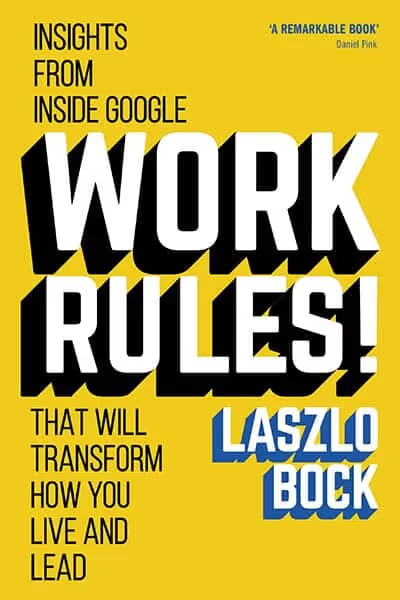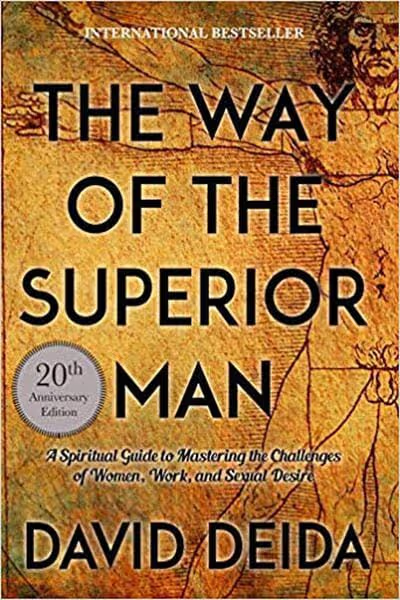Buddhism without Beliefs
A national bestseller and acclaimed guide to Buddhism for beginners and practitioners alike.
In this simple but important volume, Stephen Batchelor reminds us that the Buddha was not a mystic who claimed privileged, esoteric knowledge of the universe, but a man who challenged us to understand the nature of anguish, let go of its origins, and bring into being a way of life that is available to us all. The concepts and practices of Buddhism, says Batchelor, are not something to believe in but something to do—and as he explains clearly and compellingly, it is a practice that we can engage in, regardless of our background or beliefs, as we live every day on the path to spiritual enlightenment.
Great works of art in all cultures succeed in capturing within the constraints of their form both the pathos of anguish and a vision of its resolution. Take, for example, the languorous sentences of Proust or the haiku of Basho, the late quartets and sonatas of Beethoven, the tragicomic brushwork of Sengai or the daunting canvases of Rothko, the luminous self-portraits of Rembrandt and Hakuin. Such works achieve their resolution not through consoling or romantic images whereby anguish is transcended. They accept anguish without being overwhelmed by it. They reveal anguish as that which gives beauty its dignity and depth.






















































